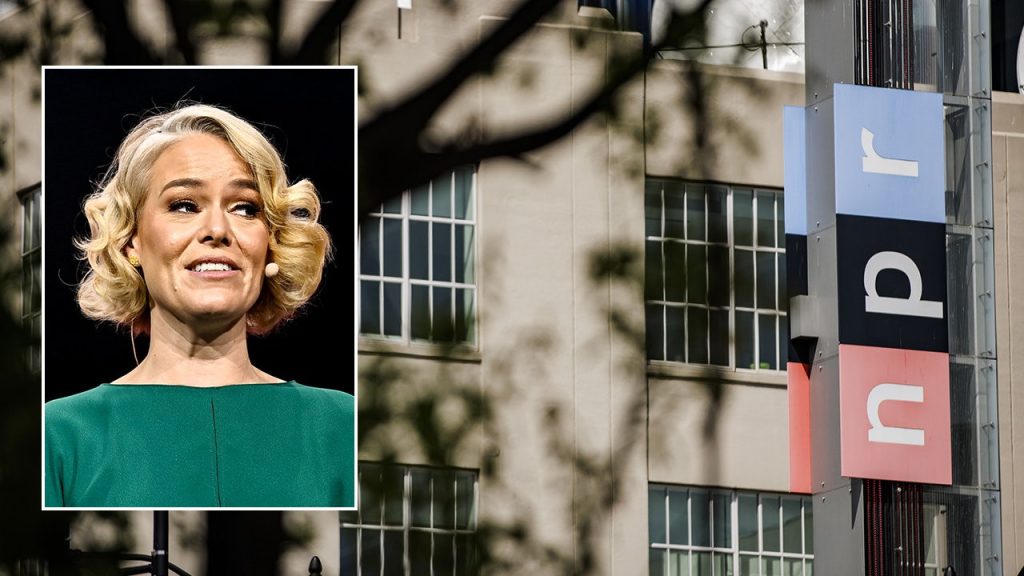In response to allegations of bias within National Public Broadcasting (NPR), Congressional Republicans have been pressuring both NPR and the Corporation for Public Broadcasting (CPB) to address the issue and ensure NPR’s integrity. The House Committee on Energy and Commerce has requested NPR CEO Katherine Maher to appear at a hearing to address the allegations made by senior editor Uri Berliner, who has since left the organization. However, NPR has stated that Maher will not be testifying at the scheduled hearing but is willing to testify on another date. The accusations of bias in NPR’s newsroom have also led to bills being discussed in both chambers aimed at cutting NPR’s funding.
Despite the pressure from Congressional Republicans, NPR has stated that Maher will not be attending the scheduled subcommittee hearing but is willing to testify on a different date due to a previously scheduled meeting. The House Energy and Commerce committee expressed disappointment in Maher’s decision not to testify but looks forward to reviewing her written responses to the committee’s letter. Meanwhile, the Senate Committee on Commerce, Science, and Transportation has not indicated whether they are concerned by the allegations or if they plan to invite Maher to testify in the Senate, as they are focused on passing the FAA re-authorization bill with a looming deadline of May 10.
CPB has also come under scrutiny for its grant funding to NPR in light of the bias allegations, with both Senators Ted Cruz and Rick Scott sending letters to CPB to inquire about the funding. CPB has confirmed receipt of Senator Cruz’s letter and intends to reply in a timely manner. Proposed bills in both chambers have been introduced to cut NPR’s funding, with one bill aiming to prevent NPR from receiving federal funding as well as preventing public radio stations with federal grants from purchasing content from or paying dues to NPR. These actions are in response to Berliner’s essay addressing his concerns about bias at NPR, including the lack of Republican representation in the NPR newsroom.
The controversy surrounding NPR’s alleged bias has escalated as Congressional Republicans have demanded accountability and transparency from both NPR and CPB. Despite NPR’s refusal to have Maher testify at the scheduled hearing, they have expressed willingness to testify on a different date. The House Energy and Commerce committee has expressed disappointment in Maher’s decision but remains hopeful that she will provide thorough responses to the committee’s questions. With the focus on passing important legislation such as the FAA re-authorization bill, concerns about NPR’s bias may take a backseat in the Senate. However, the allegations and proposed bills to cut NPR’s funding indicate a growing concern among some lawmakers about the organization’s integrity and objectivity.
In conclusion, the allegations of bias within NPR have sparked a contentious debate in Congress, with Congressional Republicans applying pressure to both NPR and CPB to address the issue. Maher’s refusal to testify at a scheduled hearing has drawn criticism from some lawmakers, while others are focused on passing important legislation. The proposed bills to cut NPR’s funding reflect concerns about the organization’s objectivity and integrity. The ongoing controversy highlights the challenges faced by public broadcasters as they navigate allegations of bias and political pressure in a polarized media landscape.


